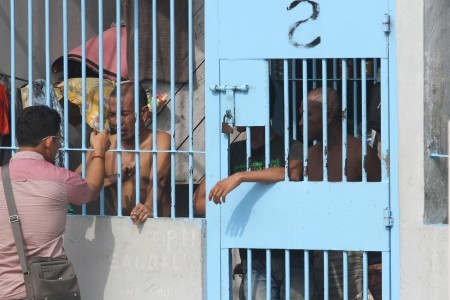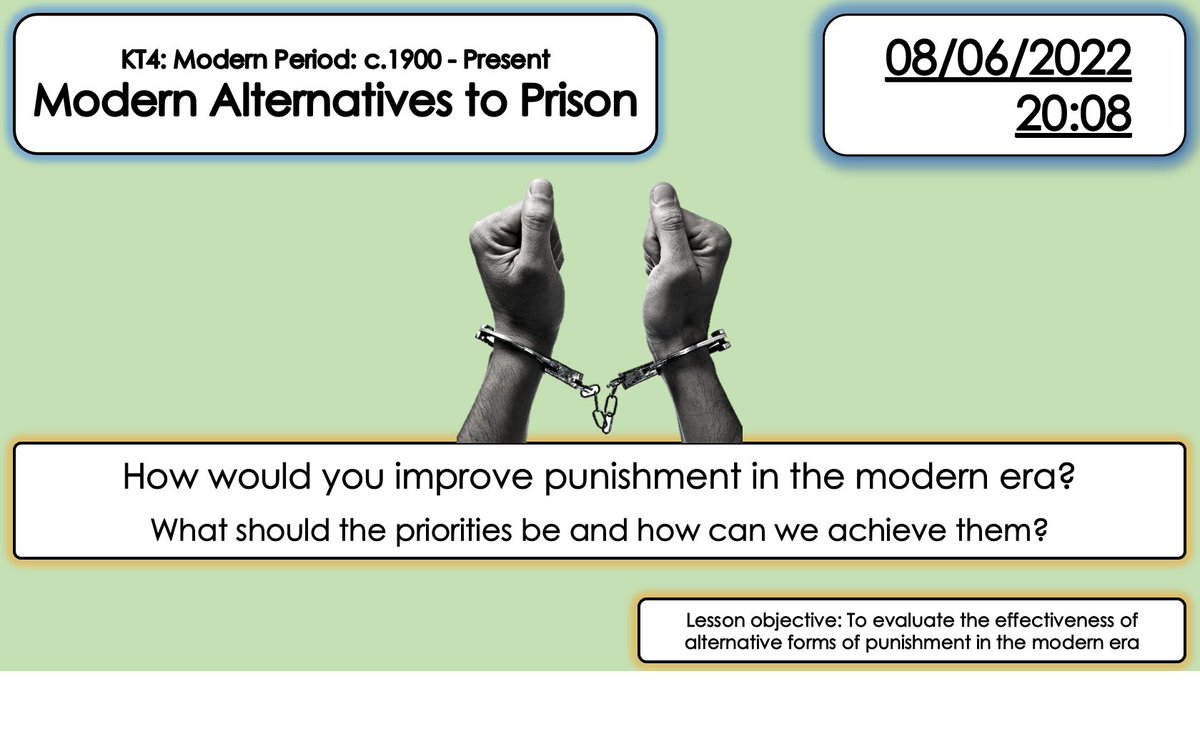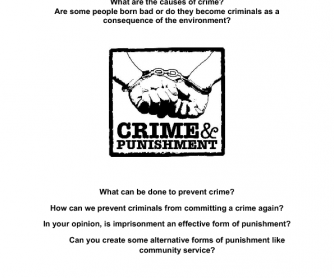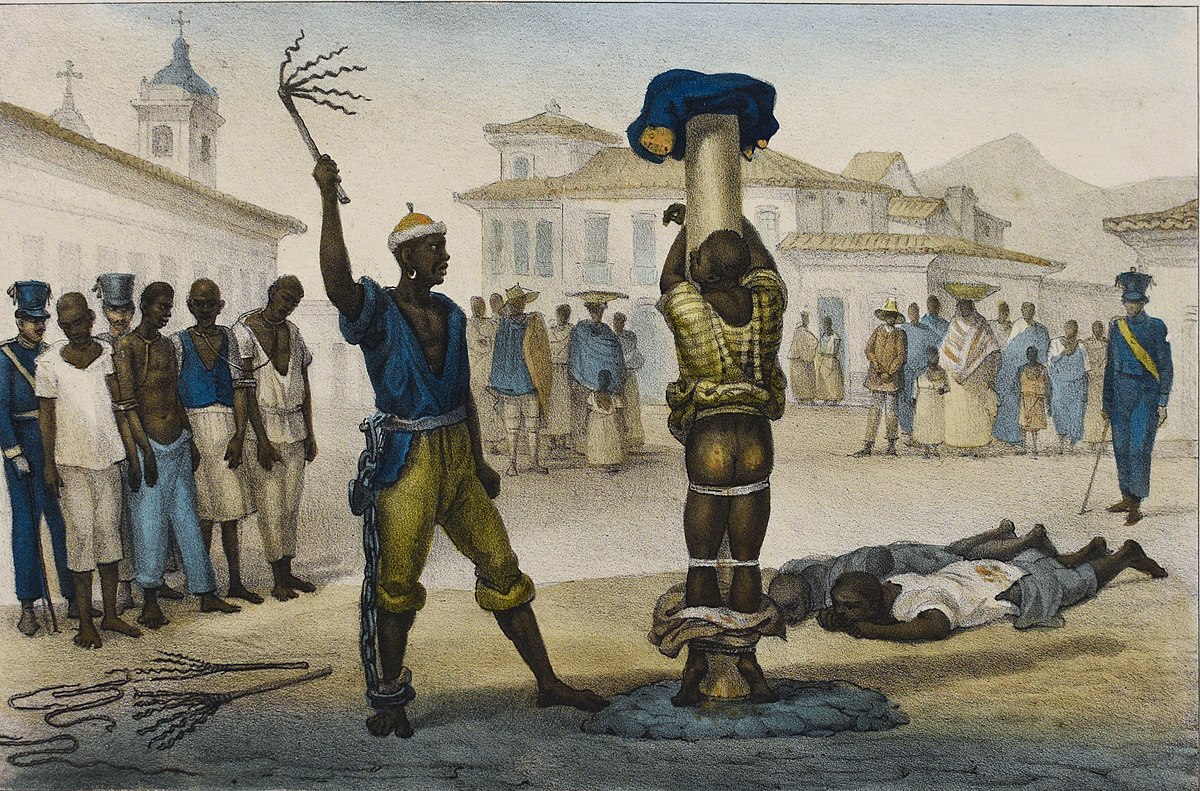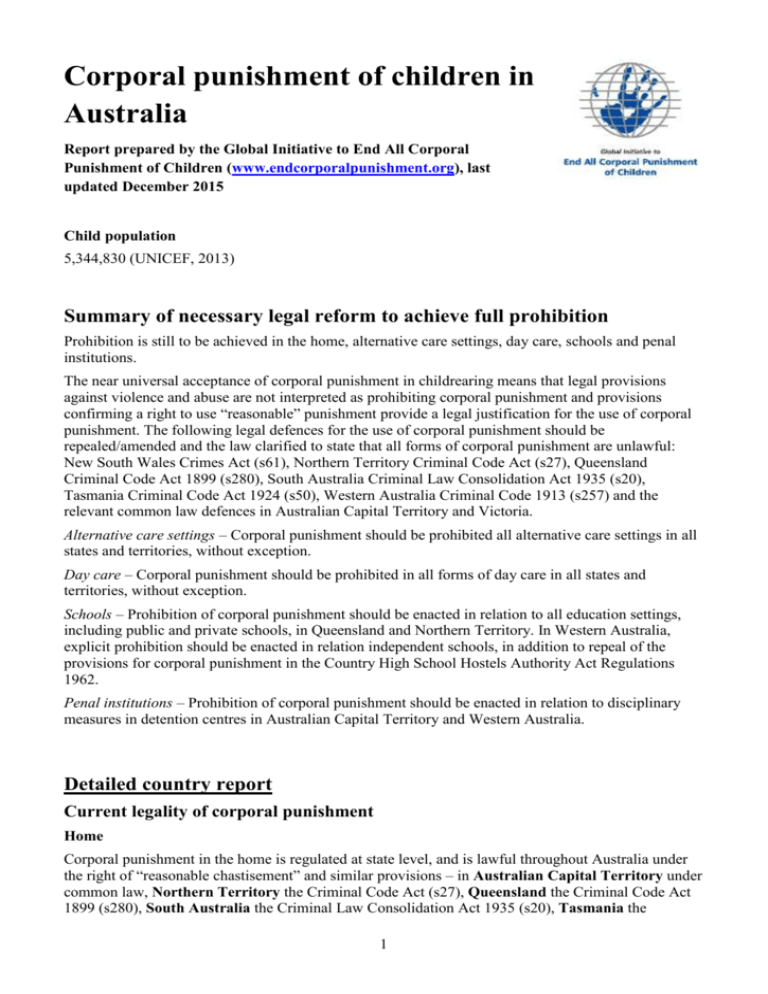Punishment is a way of disciplining individuals who have committed a crime or violated a rule. It is a way of holding people accountable for their actions and deterring them from committing similar offenses in the future. Traditional forms of punishment include imprisonment, fines, and community service, but there are also alternative forms of punishment that have been implemented in various countries around the world. These alternatives seek to address the underlying causes of criminal behavior and provide offenders with the tools and resources they need to make positive changes in their lives.
One alternative form of punishment is restorative justice. Restorative justice is a process that involves bringing together the offender, the victim, and the community to address the harm caused by the crime and to find ways to repair the harm and prevent future offenses. This approach focuses on addressing the needs of the victim and the community, as well as the offender's responsibility for their actions. Restorative justice programs can take many forms, such as mediating conversations between the offender and the victim, community service, or restitution payments to the victim.
Another alternative form of punishment is rehabilitation. Rehabilitation programs aim to help offenders understand the causes of their criminal behavior and provide them with the skills and support they need to lead productive, law-abiding lives. These programs can include therapy, job training, substance abuse treatment, and education. Rehabilitation programs are often used in conjunction with traditional forms of punishment, such as imprisonment, in order to help offenders successfully reintegrate into society upon their release.
A third alternative form of punishment is diversion programs. Diversion programs are designed to divert offenders away from the criminal justice system and into alternative programs that address the underlying causes of their criminal behavior. These programs can include treatment for mental health or substance abuse issues, counseling, or community service. Diversion programs can be particularly effective for first-time offenders or those who have committed minor offenses.
Alternative forms of punishment such as restorative justice, rehabilitation, and diversion programs offer a different approach to addressing criminal behavior. These approaches seek to address the underlying causes of criminal behavior and provide offenders with the tools and resources they need to make positive changes in their lives. While traditional forms of punishment, such as imprisonment, can be necessary in certain cases, alternative forms of punishment can offer a more holistic approach to addressing crime and helping offenders become productive members of society.
